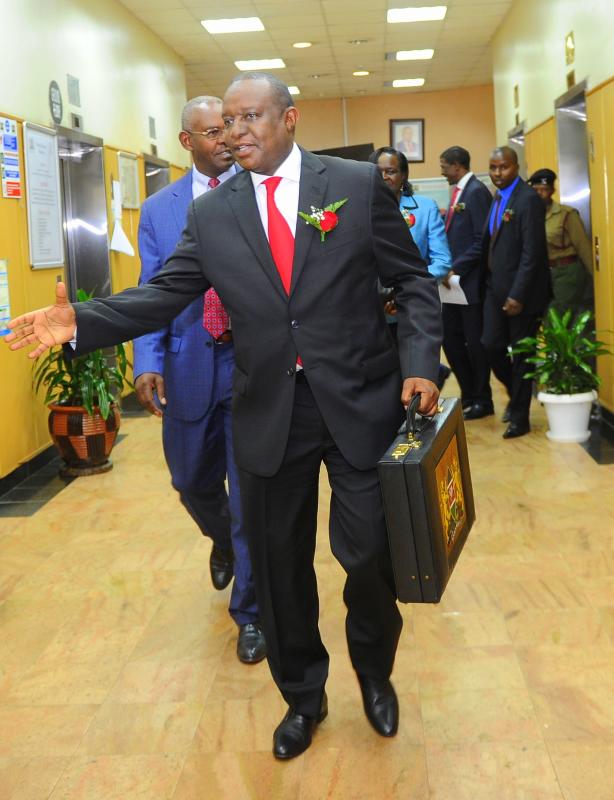×
The Standard e-Paper
Smart Minds Choose Us

NAIROBI, KENYA: Kenya has been hit with various graft scandals in the recent past that have left citizens baffled and resigned to a fate that the wealthy and powerful can steal from the nation’s coffers unabated.
From the latest assertions by the Auditor General Edward Ouko that as much as Sh8 billion could have been lost through the National Youth Service (NYS) scam to barons selling harmful contraband sugar - raking in billions of shillings - ill-acquired wealth has rapidly become a part of the national psyche.